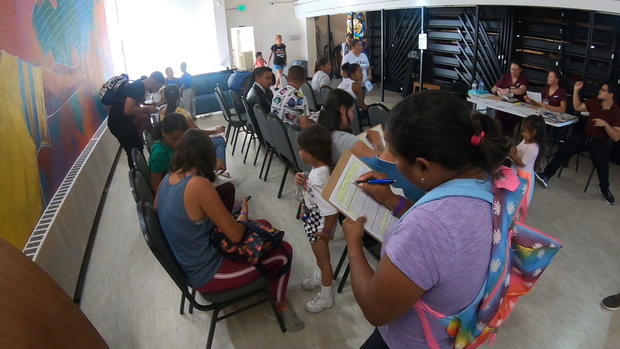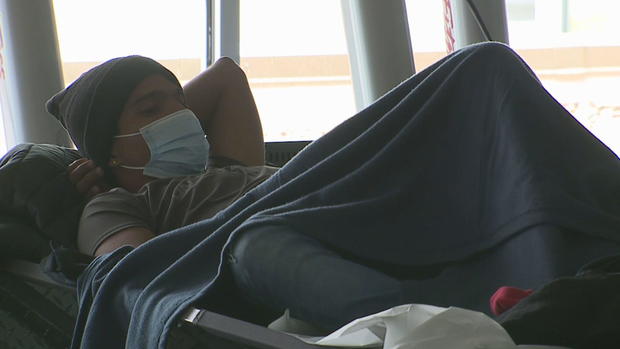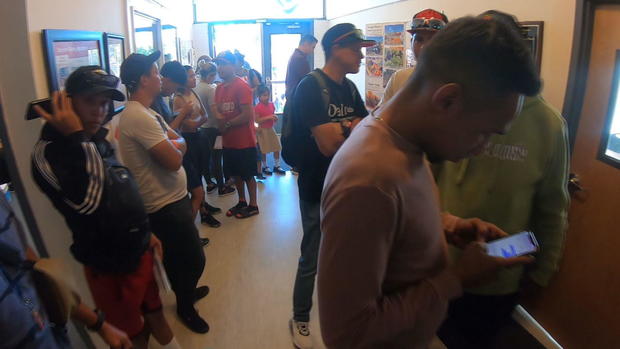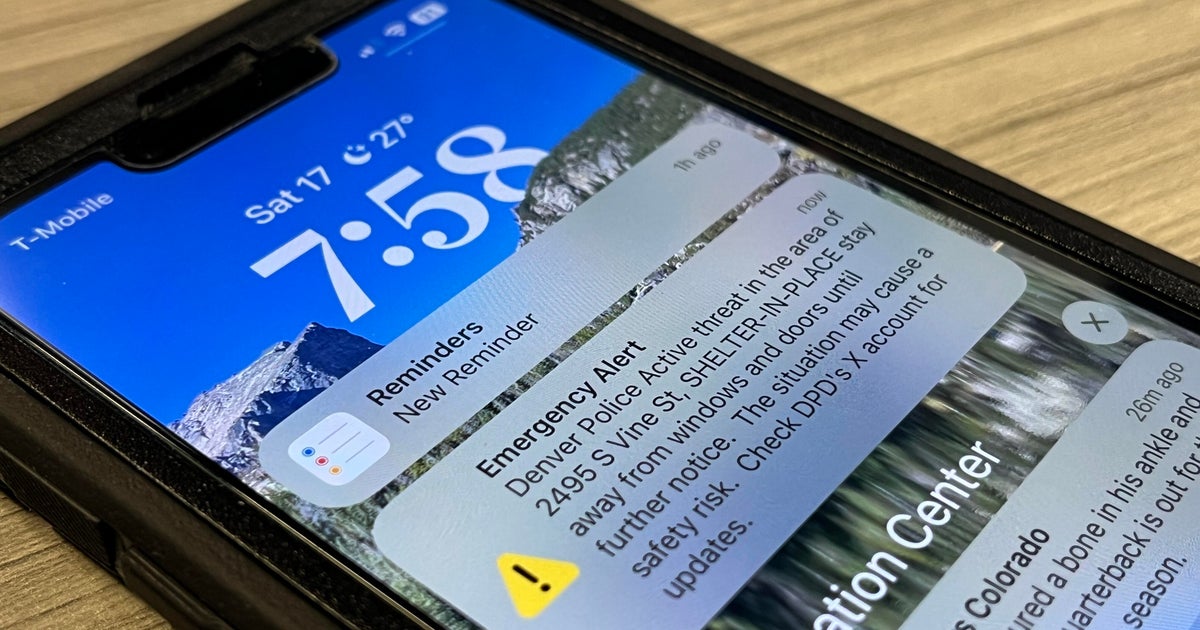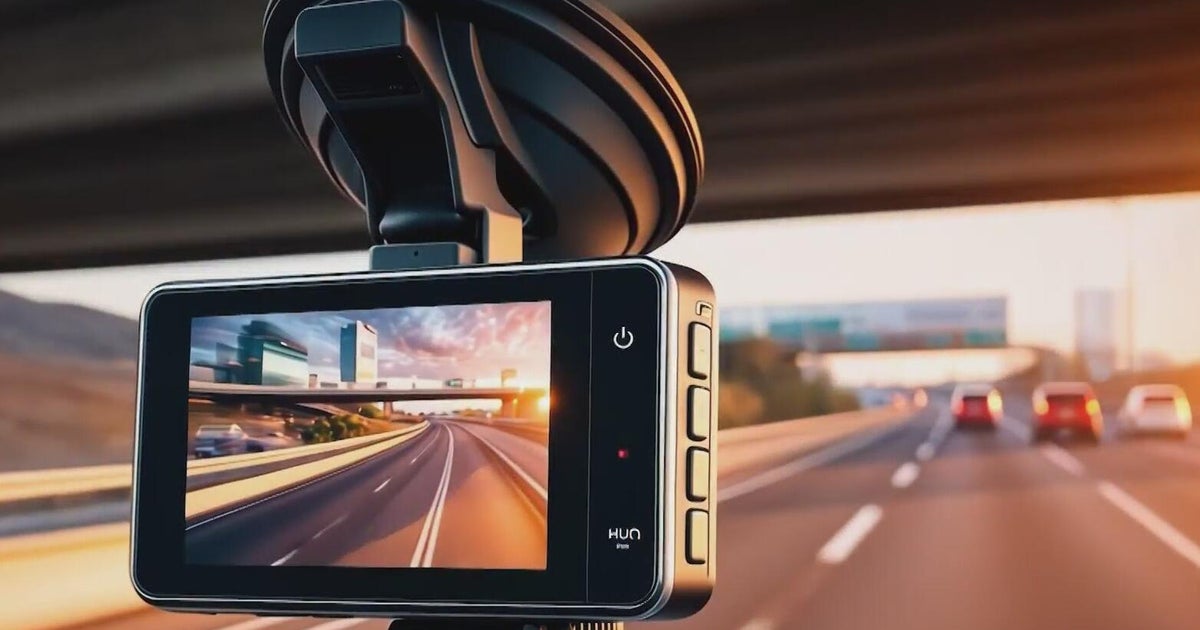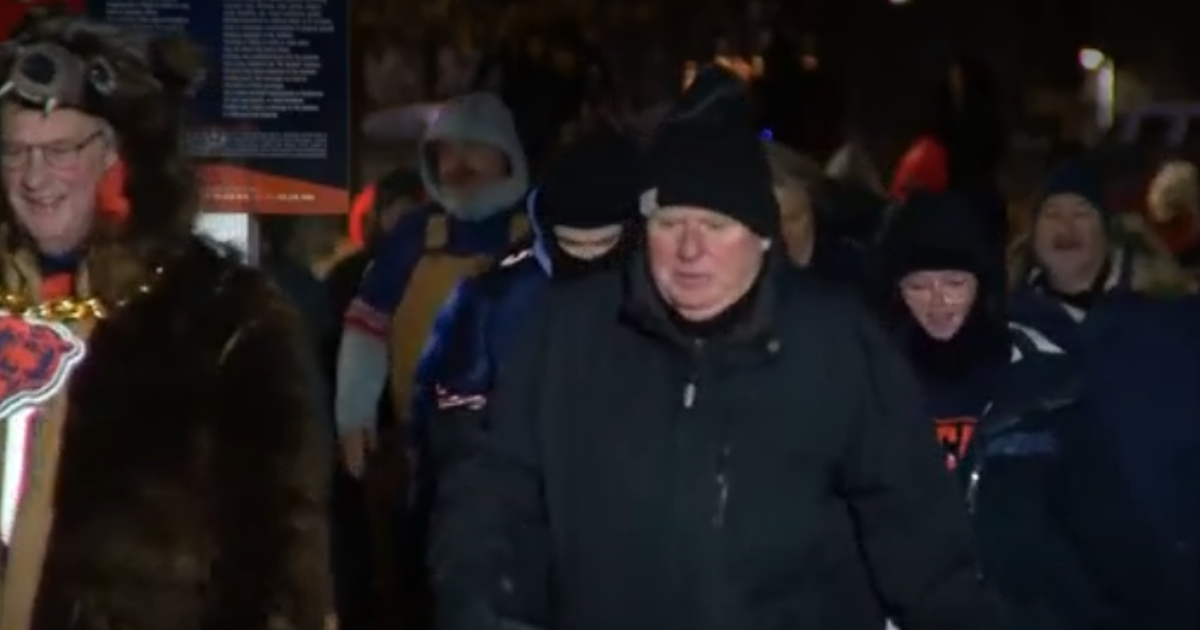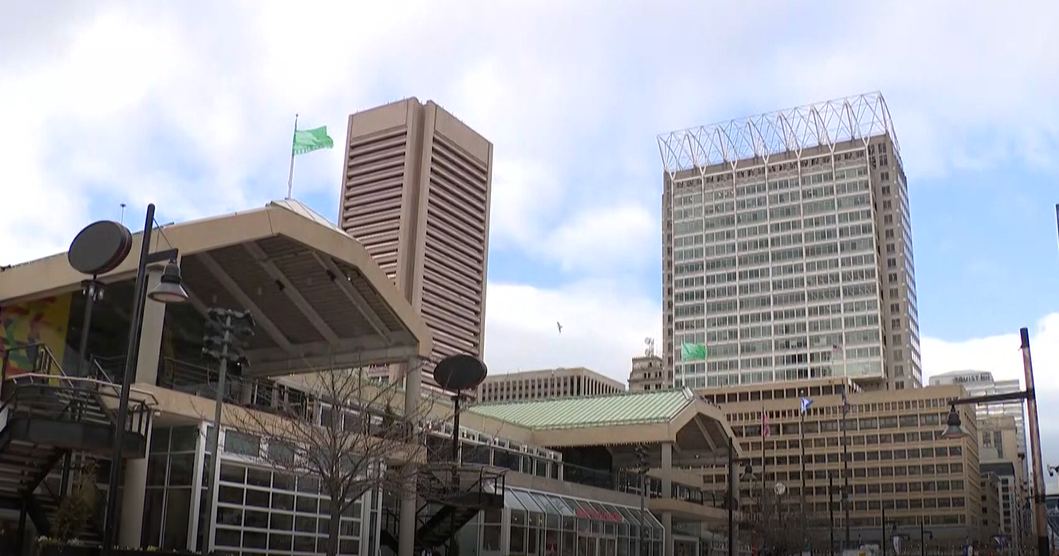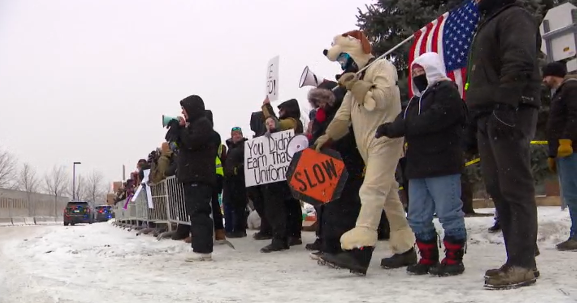Denver sees new uptick in migrants coming to the city, many on buses from Texas
Working hard for his family back in Venezuela is what motivated Alfredo Porras to make the grueling trek to the U.S. and resettle in north Denver.
"I came here to work, to make money and to help my family," said Porras.
He documented the journey, as he worked in various cities, walked on foot, and took transportation to finally cross the U.S./Mexico border.
"To give my children a better life, to be able to buy the things they need for school," he said.
Since the end of June, the city of Denver has received 800 migrant guests on 21 separate buses originating from Texas.
"We are receiving multiple buses per week, which is very different than what we've seen in the past. In the past, we were receiving about one bus per week," Victoria Aguilar, public information officer for the Denver Department of Human Services. "Even if we think about the end of July, now we're sheltering double what we were during the month of July."
Aguilar says it is unclear why there are so many more migrants coming now than they were during other parts of the summer.
"We know that the buses are originating from Texas, certainly that's not the only or main cause for the influx that we are seeing, and we don't track some of the commercial buses that are coming in," she said.
Aguilar added, "at the moment, we are not currently in an emergency posture. We are definitely beginning to feel some pressure with the numbers rising and the multiple buses per week. If the situation changes, as it did back in December or back in May, definitely we will not hesitate to issue a mayor's declaration."
Last month, CBS News Colorado addressed concerns about resource constraints as migrants continue to resettle in the region. One Aurora food pantry in particular shared how they were scrambling to support migrants in need.
"We are seeing a massive amount of aggression at both our clinic and our food pantry, and it's because there's not enough support for these individuals," said Amanda Blaurock last month, who is the co-founder/executive director of the Village Exchange Center in Aurora.
Aguilar says those same kinds of constraints are not necessarily being felt among some of their homelessness partners in the Metro, despite an influx of recent migrants.
"While some have utilized the shelter system, our partners have not recently reported any significant increase in migrant guests within the homeless shelter," said Aguilar.
Since December, 16,836 migrants were served by the city; however, this number does not account for the number of migrants that may have come to Denver and not made direct contact with the city and its resources, like Porras.
"I'm not waiting for help, because I'm also not looking for it," said Porras. "I already had a friend here, and he took me in, and another friend was going to help me find work here."
However, Porras says migrants like him continue to struggle with another more crucial need: the means to work in the U.S. legally upon resettling.
"It would help us a lot if they would give migrants a work permit as soon as we arrive in Denver," said Porras. "That would be the best help they could give us."
Aguilar says roughly 60% of migrants that come through the city choose to stay in the Denver area, while 40% travel elsewhere. Right now, Adults with minor children are welcome to remain in a city provided shelter for 30 days, while single adults have 21 days.
The city's policy for providing emergency shelter to migrants is as follows:
The City and County of Denver follows federal guidance to provide emergency shelter to newly arriving migrants who have been encountered by U.S. immigration officials. As of May 8, the city will serve those migrants who have been encountered. While the City and County of Denver continues to follow federal guidance, we will also work to connect everyone who arrives in Denver with support services and resources, regardless of immigration status.

